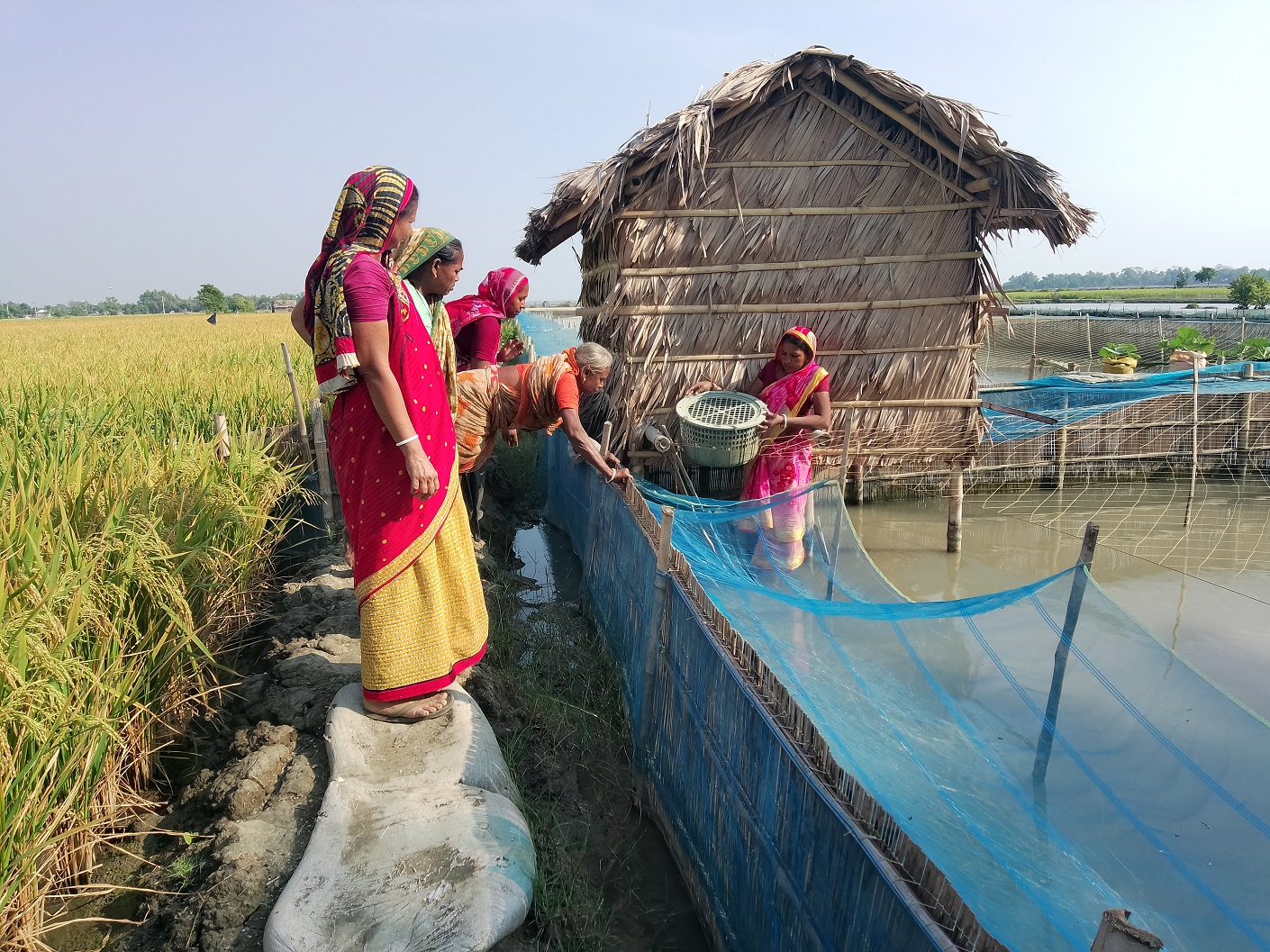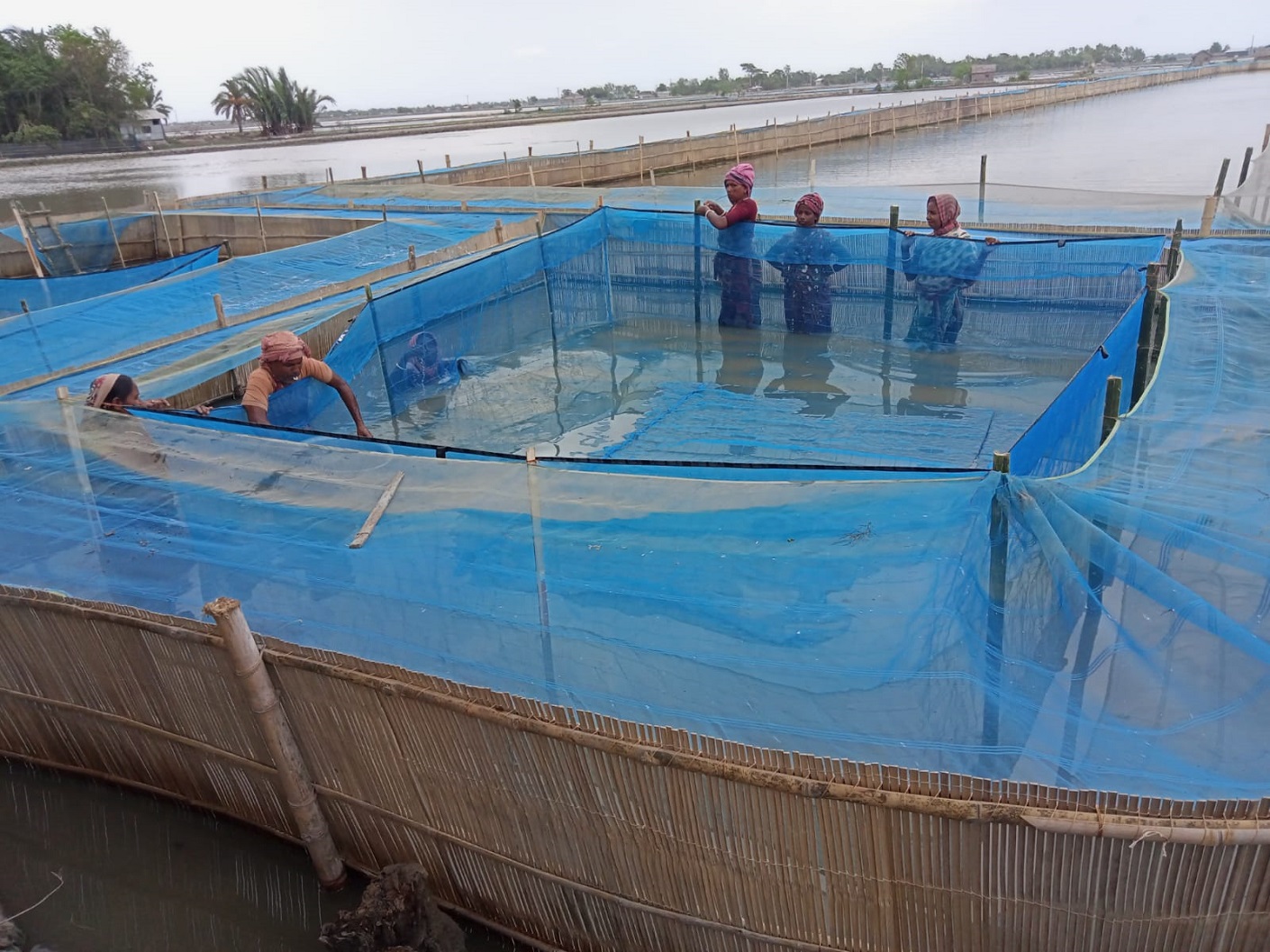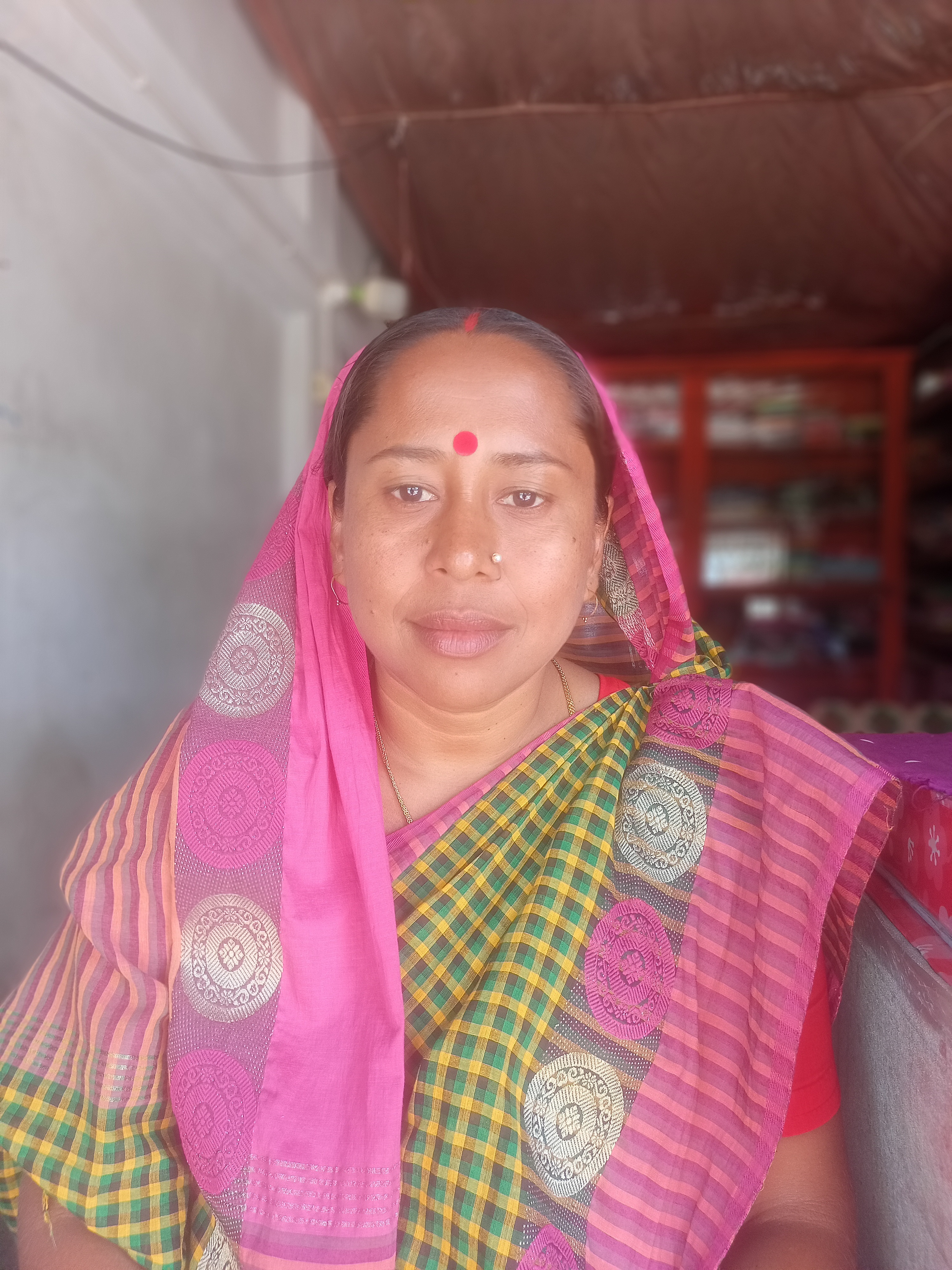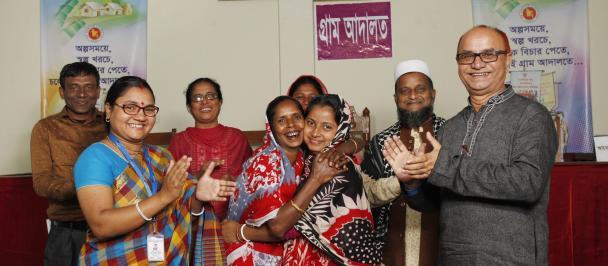From Disaster to Opportunity: How Crab Nursing is Saving Livelihoods in Bangladesh's Coastal Villages
Battling the climate crisis with crab farming in southern Bangladesh
March 16, 2023

With rising sea water threatening livelihoods in coastal districts, the Gender-responsive Coastal Adaptation (GCA) Project is coming up with climate-resilient livelihoods to improve the adaptive capacities of the communities.
Climate change-related flooding and the water level rises, coupled with the blow dealt by sporadic cyclones, have made the waters of Bangladesh’s coastal districts far too salty for many creatures to survive and thrive in.
Over time many have lost their precious livelihoods and are struggling to make ends meet.
From the frontlines of the climate crisis
In a sleepy village very close to the Sundarbans lives forty-two-year-old Chandona Rani. Her home in Amorkata village of Khulna’s Paikgacha upazila is beaten down by natural disasters at an alarmingly regular intervals these days. In November 2021,

Chandona Rani became part of a women’s only group named ‘Shapla Women Livelihood Group’, an initiative of the Gender-responsive Coastal Adaptation (GCA) Project, implemented by the United Nations Development Programme (UNDP) and co-financed by the Green Climate Fund (GCF) and the Government of Bangladesh.
Under the livelihood group, Rani was taught about crab nursing, essentially making sure she could effectively practice crab nursing. In the saline waters of Paikgacha upazila, crabs are one of the few creatures that can thrive in this harsh environment.
Not only has Rani gained competence in practising crab nursing on her own, she was also made president of the ‘Shapla Women Livelihood Group’.
“I had some basic knowledge on crab nursery, but with the training and support from GCA for crab nursing, I can now actually practice it,” says Chandona Rani.
Following the training from GCA, Chandona has also been equipped with leadership skills. She has provided training to nearly 23 to 24 women livelihood groups in other unions as well.

Chandona’s role as the president of the group has not only aided in her financial independence but has also earned her respect in her community and family, something women in this nation continuously strive for.
Currently ‘Shapla Women Livelihood Group has 31 members who are nurturing crabs in a nursery. The group has leased a piece of land for two years with the support of the project for crab nursing.
Chandona’s role as the president of the group has not only aided in her financial independence but has also earned her respect in her community and family, something women in this nation continuously strive for.
Chandona is one of many people whose lives are changing for the better, owing to the work being done by GCA at the grassroots. GCA aims to assist the Government of Bangladesh (GoB) in enhancing coastal communities' adaptive capacities, particularly those of women, to deal with the effects of climate change-induced salinity on their livelihoods and water security. For vulnerable communities in the coastal districts of the southwest, GCF resources will be combined with GoB co-financing to address the multitude of barriers to implementing and managing resilient livelihoods and drinking water solutions.

 Locations
Locations



